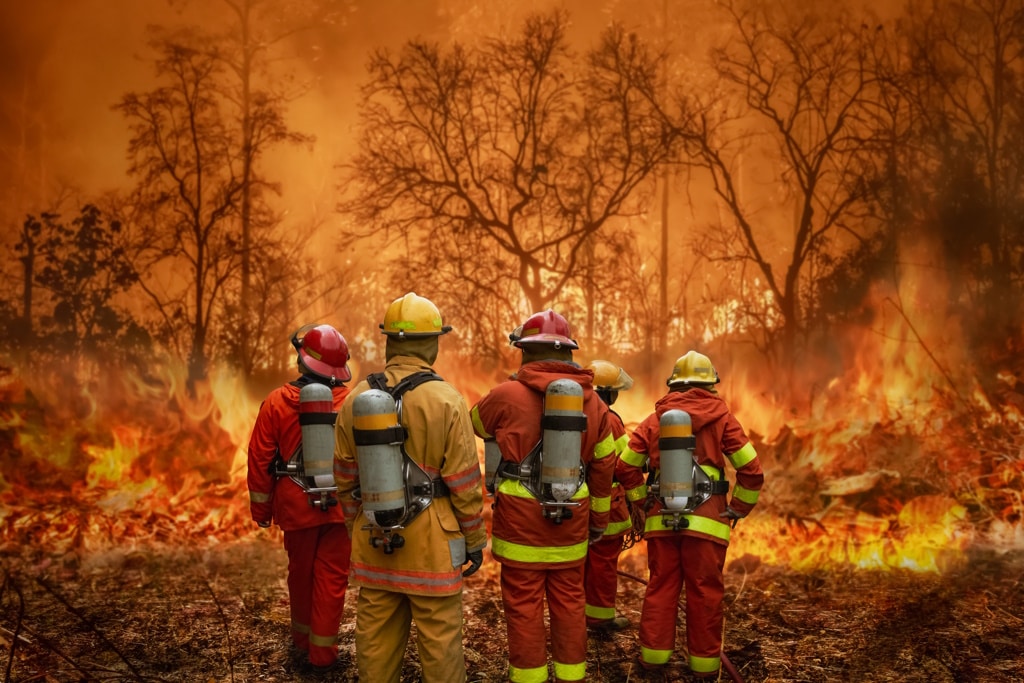“Winds of up to 40 kilometres per hour on Monday evening fanned some of the flames, making it difficult for the teams on the ground to tackle the blaze. The fire had stabilised and is now 75% under control”. These are the words of the Provincial Director of the Agence Nationale des Eaux et Forêts (ANEF) in Taza, Morocco. According to Morad Safadi, the blaze has already devastated 780 hectares of forest in the Maghraoua locality.
After spreading for several days, the flames were brought under control thanks to the efforts of the local population and rescue workers, who sprayed the Maghraoua forest with three water-bombing aircraft. Although no human lives were lost, the operation did raise concerns about the survival of biodiversity. These episodes, usually attributed to arsonists, are being exacerbated by global warming, with consequences such as the extinction of certain plant species.
An economic and environmental threat
But what the Moroccan authorities fear most is the displacement or even death of wild animals due to the loss of their habitats and sources of food. This was the case for around twenty Barbary macaques (gossamer monkeys) that perished in August 2022 following a fire that destroyed 8,000 hectares of the 30,000-hectare Bouchachem nature reserve in northern Morocco.
A situation that is also severely affecting neighbouring countries. In Algeria, for example, 44,000 hectares of forest went up in smoke in 2021 alone. To remedy the situation in the short term, the authorities in this North African country have launched an initiative to plant 1,000 trees in the first half of 2022, notably in the Kabylie forest region where 34 people caught up in the flames have just been buried.
Read also-MOROCCO: In Sidi Belyout, development work compromises biodiversity
Forest fires could also compromise food security in many countries, as is already the case in Australia. According to the United Nations Environment Programme (UNEP), which is pointing the finger at the record-breaking heat, the fires in Victoria and New South Wales have “burnt pastures, destroyed livestock and razed vineyards. Their regrowth and resumption are likely to add further stress to water resources already under strain from the drought”. Canada and Spain are also the targets of bush fires this summer.
Benoit-Ivan Wansi
